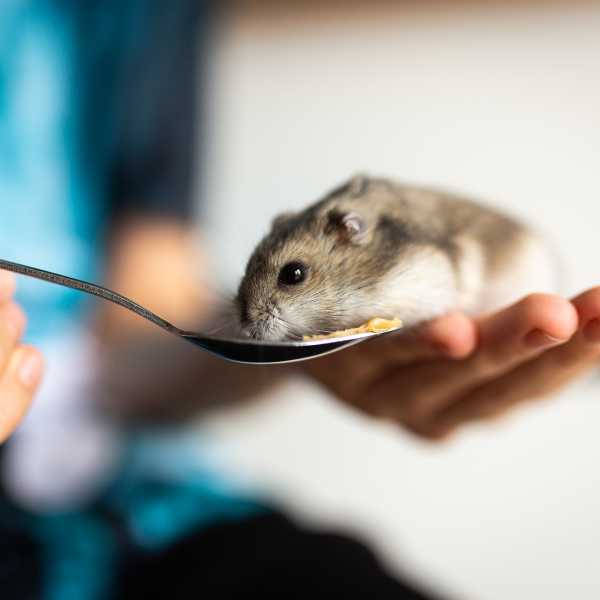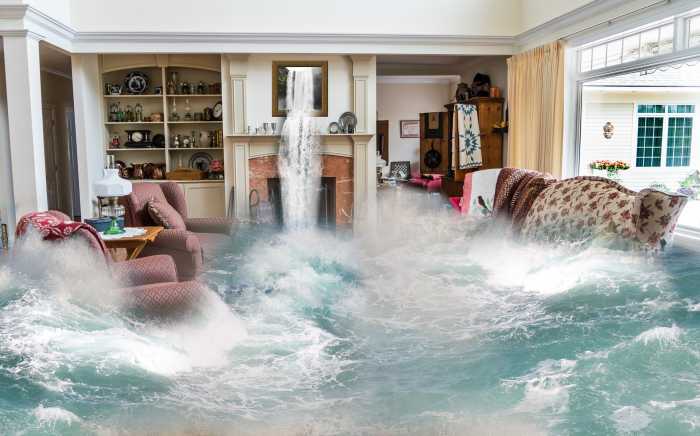
Property Wire - Expert shares how to avoid burst pipes as temperatures plummet
Posted on 8 December, 2023

Image by Pete Linforth from Pixabay
Written by EDITOR for PROPERTY NEWS, UK
Anna McEntee from the home insurance team at Comparethemarket has shared some important information around avoiding burst pipes caused by cold weather this winter. The advice also includes a list of vital actions homeowners can take, to prevent further damage if pipes do become frozen.
“Issues with running water and heating in the winter are not only uncomfortable, but water damage caused by leaks can be potentially costly to fix. As temperatures across the country drop below zero, the water in pipes freezes and expands, causing cracks and ruptures, which defrosted water can then leak out from.”
Here are some preventative measures that McEntee suggests you take to help keep everything running smoothly this winter:
Don’t leave your heating off for long periods of time. If you’re away from home this winter, leave your heating on, even if it’s just for an hour a day, or at a low level.
Ask a plumber to fit a leak-detection device. This device will detect if there’s a sudden spike in your water usage, cutting off your supply and helping to limit the damage.
Carry out visual checks for leaks. As the temperatures drop, it’s advised to regularly check under sinks and behind bath panels for any cracks, drips or leaks.
Don’t put your dishwasher or washing machine on before you go out. Only using these appliances while you’re at home means you’ll hopefully be able to spot a leak before it becomes a more significant issue.
Turn the water off if you’re going away for a significant amount of time. Turning your water off if you are visiting family over the Christmas period will go some way in preventing any issues such as leaks.
If your pipes do freeze, there are four crucial actions McEntee advices that you should take:
Turn the water supply off at your stopcock. They are usually under the kitchen sink or in the downstairs toilet, but it’s important to familiarise yourself with its location.
Don’t pour boiling water directly onto a frozen pipe. Pouring boiling water directly onto a frozen pipe can cause it to crack, so this should never be attempted. Heating in a more controlled way will help reduce the risk of this happening.
Switch your water and central heating off. As soon as you’ve done this, call an emergency plumber.
Contact your insurance provider. Most insurers have a 24-hour helpline, so you can reach them at any time – day or night.
Tags:



